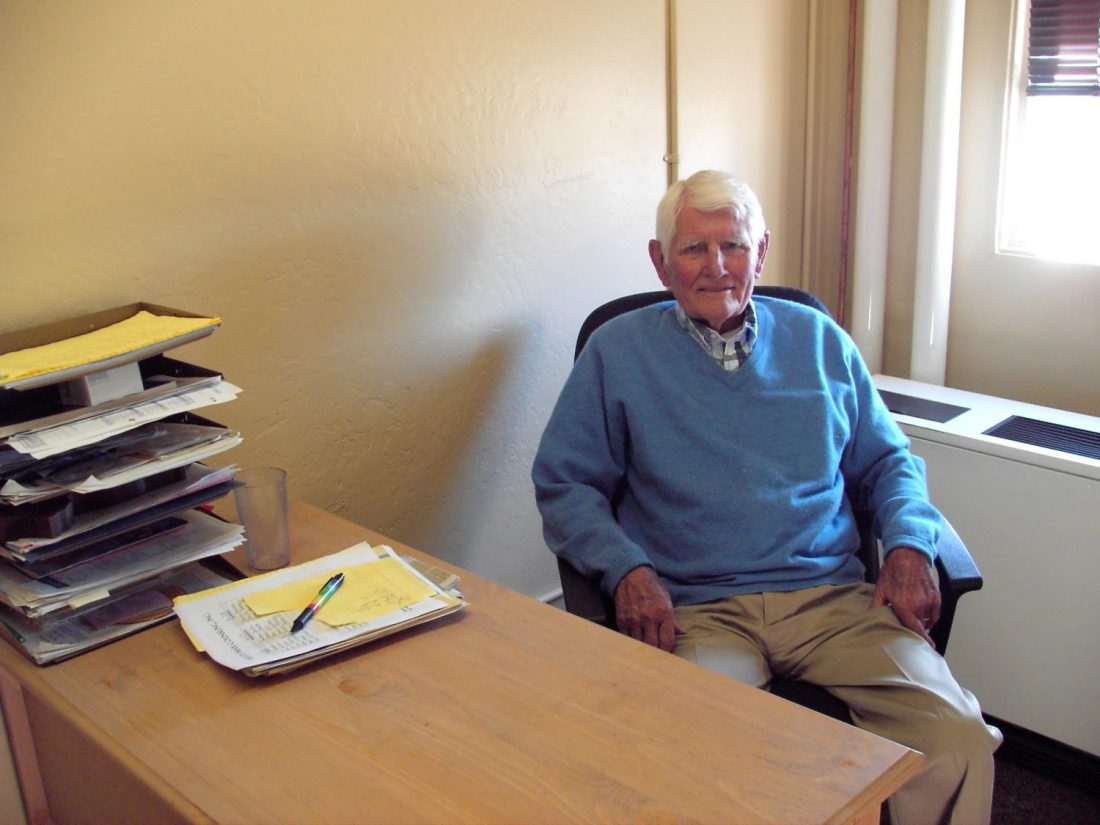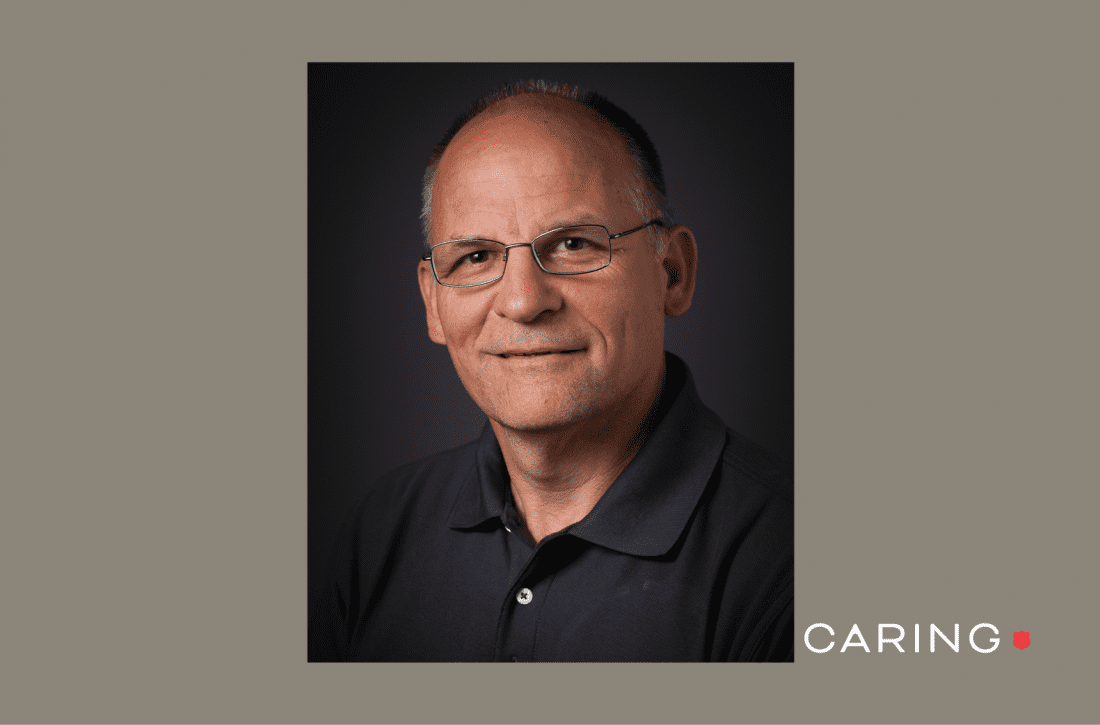Mentor of men

The counselor is Max Dunn. He is 90 years old.
Dunn’s involvement here began in 2006 when the program director asked him to join a group of volunteer counselors who meet weekly with beneficiaries. Dunn found, quite unwittingly, a place where his own life experience and heart for ministry could bless men with difficult backgrounds.
His resume details a long business career in Southern California. After retiring, Dunn and his wife, Carolyn, both entered Fuller Seminary to pursue graduate degrees. He received a master’s degree in world missions in 1987, traveling to over 15 countries on short-term missions trips during that time.
“We saw miracles in some very dark places,” Dunn said of those trips. He and Carolyn relocated to Healdsburg, Calif., in 1991, and he became deeply involved in the building of a much needed new medical center in town, serving as CEO for 15 years.
Then came the invitation to Lytton Springs ARC.
Over the years, Dunn’s counseling load has increased. During the course of a month, he sees 36 men—about half of the total beneficiary population. Tom, who is going through the program for a second time, said, “His effort here is enormous. We’re in awe of what he does, and he’s doing it for free! This place would not be the same without him.”

Upon graduating from the program, Dunn gives each man an olive wood cross. Patrick, tall and ponytailed, said, “He gives love and sincerity. He means what he says. He’s honest. The men who receive the crosses never lose them.”
Dunn’s concern for the men post-program is just as strong.
“The most important thing for a graduate to have is a job,” Dunn said. “The enemy of the graduate is idle time.” He helps the men look for work, encouraging many to write resumes. He then collects the resumes, puts them in a binder, and approaches businesses on their behalf. Dunn often gives his phone number to recently graduated beneficiaries with instruction to call anytime.
“His experience, dedication, and availability to the men support his work with them,” said Captain Jonathan Russell, who oversees the Lytton ARC. “The response is enormous respect. The men look at me in my uniform and think, here’s a man who does what he’s supposed to do. They look at Dunn and think, here’s a man who chooses to be here with us.”
One beneficiary, Mark, was especially impacted. “I just completed the anger management class. At the end, everyone expressed how they felt about Max. I shared how, after a few sessions, he asked me, ‘Do you know what’s going to make you relapse?’ I thought it would be anger or guilt.
“He tore off a piece of paper and handed it to me. It read, ‘Nothing,’” Mark said. “I keep it in my wallet.”

















